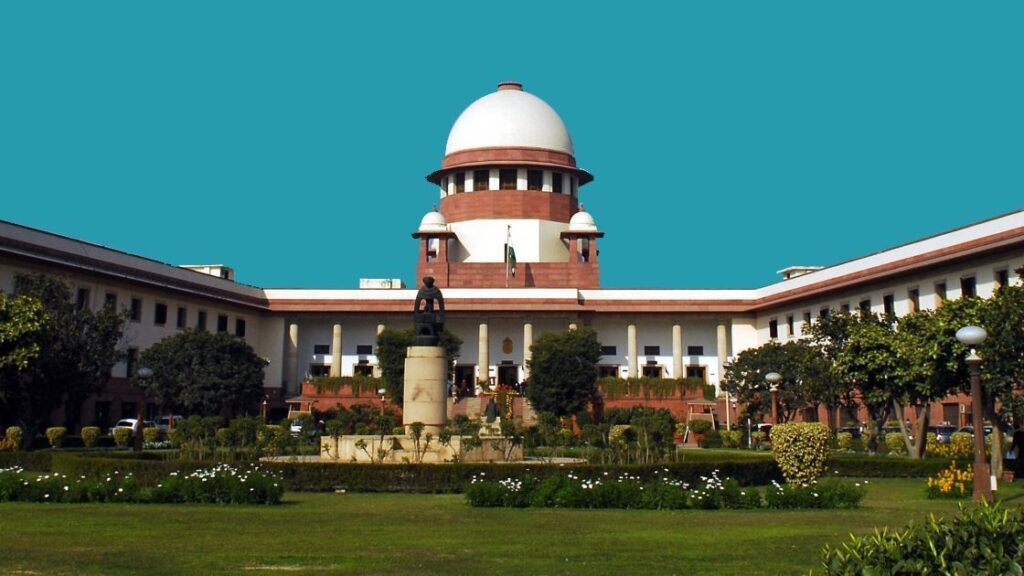
Ownership cannot decide Land Acquisition Compensation: NOIDA Authority’s Classification is annulled by the Supreme Court
Last Updated on February 23, 2023 by Administrator
Issue
The Supreme Court struck down the classification made by the Greater NOIDA Authority between Pushtaini and Gair-Pushtaini Landholders for the purpose of granting compensation upon acquisition.
Facts of the case
In order to provide additional compensation upon purchase, the Board of Directors of NOIDA had categorised the landowners as “Pushtaini” and “Gair-pushtaini” in 1998.
The categorisation was supported by the Division Bench of the High Court in 2016 as being reasonable and having a direct connection to the goal that was being pursued.
Arguments
The categorization was in violation of the fifth element of the proportionality test.
By approving the 2006 agreement, landowners did not give up their ability to ask for improved compensation.
Article 14 is broken by classifying “Pushtaini” and “Gair-Pushtaini” landowners for separate rates of compensation.
The Court looked to the Wednesbury Principle. The classification is unlawful as it is not supported by either the Land Acquisition Act or the UP Land Acquisition Regulations.
Reasoning
The establishment of Greater Noida was done to accommodate in the city all those who came travelling from every corner of the country in search of a better life. While doing so however, as can be seen in the present case, some residents whose land was subject to acquisition in the pursuit of the said aim, were faced with discrimination.
Judgement
No differential pay based on such categorisation is contemplated by the Land Acquisition Act. The harm caused by the categorization can be eliminated, and the remaining executive measures that attempt to provide compensation for the purpose of rehabilitation will still be legal. All landowners in the affected region must receive the ex-gratia payment and higher base amount. Every claim of class distinction must be supported by empirical evidence. Even if categorization makes sense in light of the notification goal, the parent legislation must support it.
Provisions used in the case
Section 4(1) and Section 6(1) of the Land Acquisition Act, 1894, Section 3 of the UP Industrial Area Development Act, 1976, Rule 4(2) of the Land Acquisition Rules, 1997, Article 14 of Indian Constitution.
Case
Ramesh Chandra Sharma And Ors. v. State of Uttar Pradesh And Ors.
Written by – Nikita Shankar




